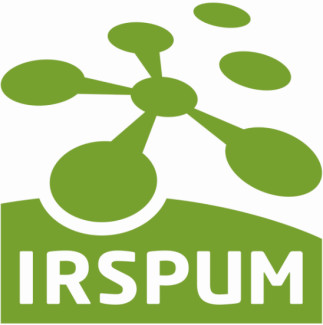Séminaire scientifique organisé par l'Institut de recherche en santé publique de l'Université de Montréal – IRSPUM
Conférencier :
Neil Andersson (professeur au Département de Médecine de famille de l'Université McGill) is a physician-epidemiologist and director of Participatory Research at McGill (PRAM). He coined the term Big Participatory Research as part of a response to the Big Problems of the day, including the HIV pandemic, youth suicide, gendered violence, obesity, dementia associated with aging, resistant arboviral vectors spreading to urban areas and, in all off these and other areas, failure of public services to reach those who are most in need. His approach applies participatory tools and activities to a range of services and enterprises, to interventions and, beyond its usual place in small-scale local projects, to large scale multi-disciplinary research.
Résumé :
Across many, if not all sectors, people expect to have a say in matters that affect them; managers of service delivery, governments and industry need reliable ways to hear end-user voices and to find common ground with stakeholders on quality improvement. Using an example of arbovirus vector control, he discusses the challenges and promises of large scale socialisation of evidence for participatory action.
Animation :
Kate Zinszer, professeure adjointe au Département de médecine sociale et préventive de l'École de santé publique et chercheuse régulière à l'IRSPUM

